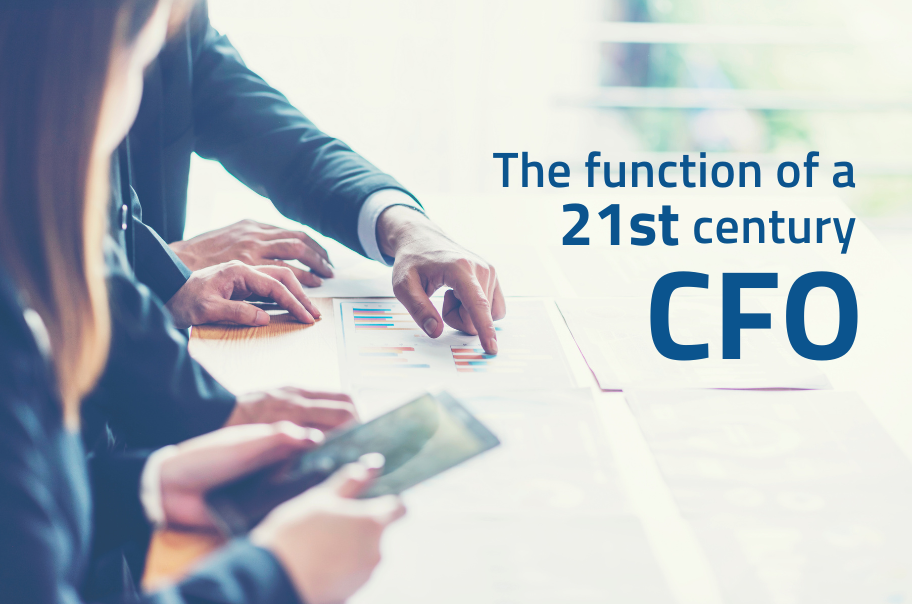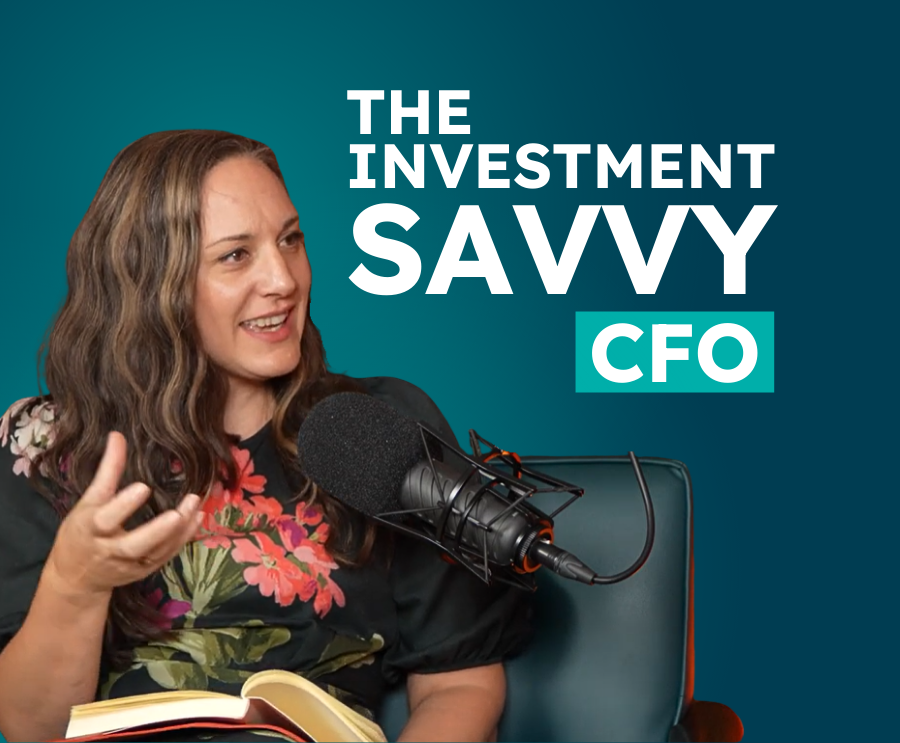
Insights
The function of a century 21st CFO
19th February 2021
1 min read
Author: Emma Pownall, Marketing Director, Datel
The function of a 21st century CFO And how the role has evolved over the past 20 years
Future focused
There's been a progressive change in the focus of a CFO from backward-looking to forward-looking over the last decade, and that's only been accelerated over the course of the Covid-19 pandemic. There's now less focus on what was once a very time-consuming job of ensuring the integrity of financial statements and making sure the numbers add up, and more of a focus on looking at the future of a business and even advising investors and boards of directors on likely future performance.
Embracing technology
The modern CFO is now embracing a range of tools such as scenario planning, sensitivity analysis, and Monte Carlo simulation in order to address potential risks, uncertainty, and variability. Time-consuming and manual tasks that represent the financial performance of a business are a thing of the past as these tasks are now largely automated, with robotic process automation, machine learning, and artificial intelligence being applied to core accounting activities.
Utilising a range of data
In the 1980s, the only data available to a CFO was financial data that resided in the general ledger. Nowadays however there's an ever-increasing availability of data - not just financial data but operational, market, and customer data too. So instead of spending time gathering, cleaning, organising, and structuring data, CFOs are taking what's already available to them and are more focused on how to actually use it. They need to understand what data is relevant and what is just noise.
Comfortable with flexibility
The financial crisis of 2007/2008 led to CFOs looking to create much more financial flexibility - something that has been hugely advantageous throughout the Covid-19 pandemic. Cash management used to be fairly rigorous and inflexible with set terms for how customers pay and set terms for how quickly vendors are paid. But now, there is much more flexibility in the way that cash is optimised throughout businesses, which was crucial for business survival throughout 2020.
Latest posts

24th February 2026
15 min read
7 key benefits and features of Sage Intacct (and what they mean for you)
Sage Intacct is a cloud-based financial management solution. Designed to satisfy every financial ...

9th February 2026
3 min read
The Investment-Savvy CFO: A live discussion in Manchester
There’s a point in many growing businesses where the conversation shifts. It’s no longer just about ...
.png)
9th December 2025
4 min read
Learn about the upcoming changes to FRS 102 and how to prepare
FRS 102 is getting a major update from 2026, with big implications for revenue recognition and ...